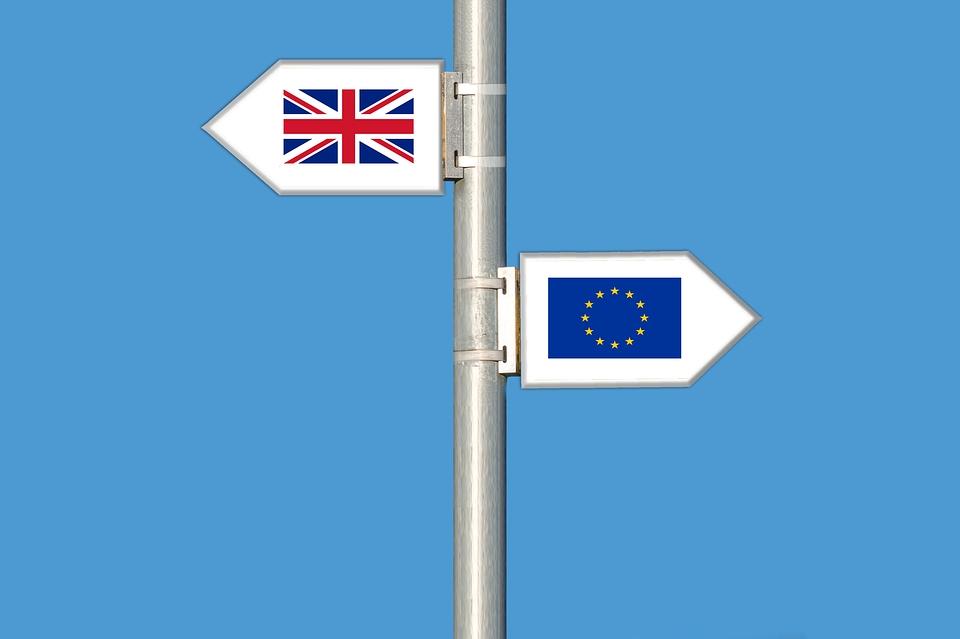BNY Mellon: Just The Facts
BNY Mellon: Just The Facts

By Simon Derrick, Chief Currency Strategist, BNY Mellon
- Today and tomorrow see votes on how UK Parliament would like to proceed
- Today's vote will not in itself alter the current legislation for the UK to leave the EU at the end of this month
- Very clear messaging has emerged from the EU on the question of an extension of article 50
There is inevitably a great deal of noise around the events in the UK and what they might mean. We will look later today at the performance of GBP and what it might tell us. However, as a starting point, here are the facts about what has just happened and what is about to happen.
What happened in the UK Parliament yesterday?
Yesterday saw a meaningful vote on both the negotiated withdrawal deal with the EU and a series of supporting documents. The deal was defeated by 391 to 242 votes. This compares to a defeat by 432 to 202 of the negotiated deal on January 15.
One of the key stumbling blocks for the UK government in January proved to be the legal advice given by the UK attorney general Geoffrey Cox in January that the agreement risked keeping the UK locked into the backstop agreement indefinitely. He stated yesterday ahead of the vote that that the legal risk remained unchanged that the UK would have no internationally lawful means of exiting the protocol’s arrangements.
What has happened and what is scheduled to happen today in the UK?
In the aftermath of the defeat UK PM Theresa May confirmed that MPs will vote on whether to take a no-deal Brexit off the table in a vote this evening (set for 1900 GMT). The PM has allowed MPs within the Conservative party a free vote on this motion (i.e. there will be no whip).
On January 29, the House of Commons voted 318 (including 17 Conservative MPs) to 310 (including 3 Labour MPs) in favour of a non-legally binding amendment that rejected “the United Kingdom leaving the European Union without a Withdrawal Agreement and a Framework for the Future Relationship”. There is no indication that Parliament will vote radically differently today. However, while this vote would indicate the will of Parliament, this would not alter the current legislation for the UK to leave the EU on March 29.
Should the option of a no deal be rejected by Parliament then a vote will take place tomorrow on whether to request a “short limited extension to Article 50” from the EU 27.
A vote two weeks ago in Parliament on an amendment that if MPs vote to delay Brexit then the government should seek an extension from the EU and bring forward legislation to change the date of the UK's departure saw 88 Conservative MPs,10 Labour MPs and 9 DUP MPs abstain in the vote. Twenty Conservative MPs voted against the amendment.
Prior to the vote today the Chancellor Philip Hammond will present his Spring Statement. He is expected to promise significant spending plans in the event of the UK being able to agree a deal with the EU.
At 0700 GMT the UK government announced its plans for a full-scale liberalisation of most import duties in the event of a no-deal Brexit. plan would see 87% of total imports to the UK by value eligible for tariff-free access (limited to 12 months). In addition there would be no checks or customs declarations at the Irish border.
How might the EU respond to a request for an extension to article 50?
A statement on behalf of Donald Tusk, the president of the European Council of EU states, said there was “little more” the EU could do and warned of a “significantly increased” risk of a no-deal exit. He highlighted that any request for an extension would require unanimity among the EU 27 who would “expect a credible justification for a possible extension and its duration”. He stressed the need for the UK to participate in the European elections on May 23-26 if it remains a member state beyond then. This point was also picked up by Dutch PM Mark Rutte who tweeted that “the smooth functioning of the EU institutions needs to be ensured”.
